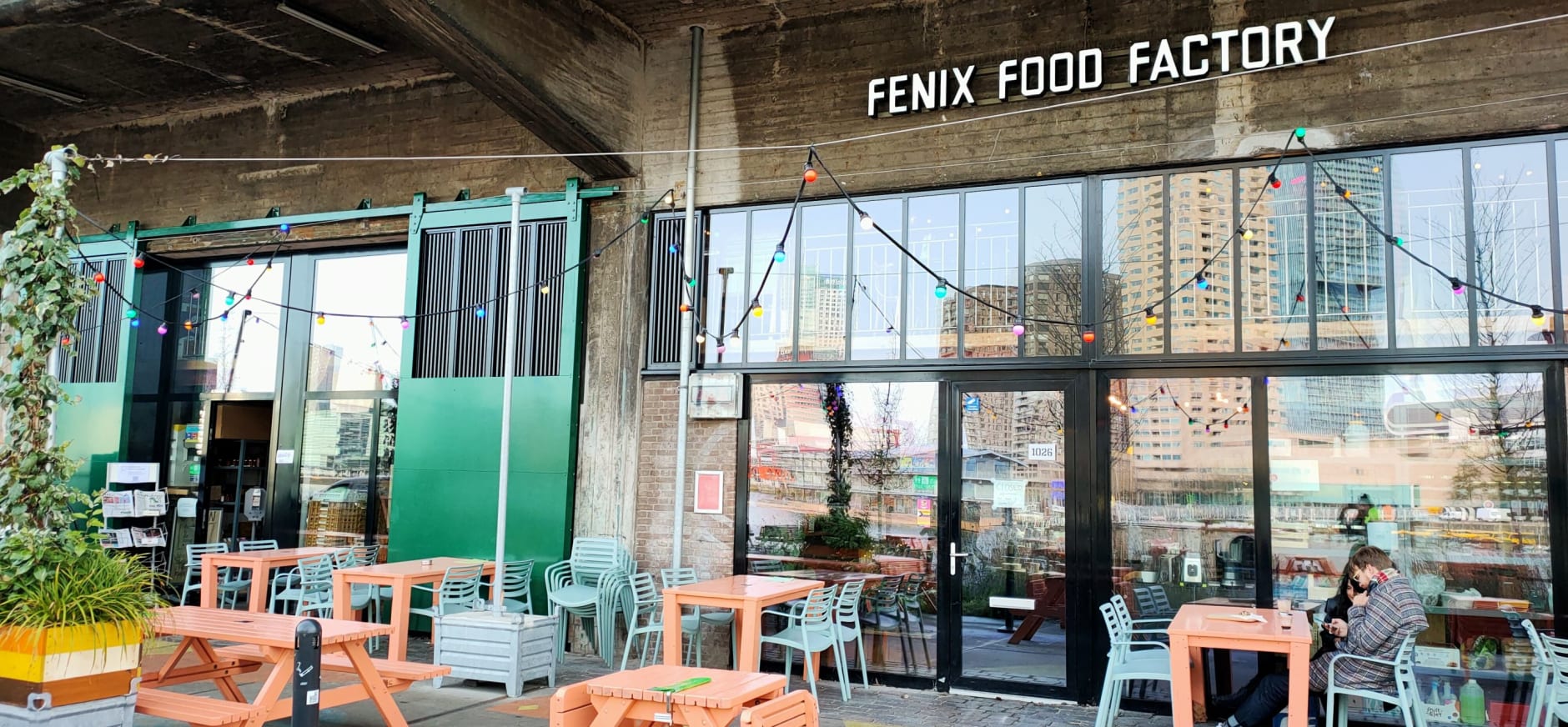Haagsemarkt in Den Haag is most definitely a very cool market to check out. Open Monday, Wednesday, Friday, and Saturday of every week, this market fills a town square and is an impressive feat to look at. Hundreds of booths fill the space and spill out into the small walkways between. Vendors sell anything from produce to clothing to household items and novelties. But can Haagsemarkt be considered a local farmers market? I'm not sure.
The Netherlands emerged as an agricultural powerhouse when the country figured out how to produce crops with efficiency. The Dutch have become masters at high food productivity within a small space. The Netherlands is the world's second-largest produce exporter behind the United States, a major feat when considering the size difference between the two countries. With flat lands, a temperate climate, and soil rich from its waterways, they are set up with favorable conditions. Adding in the realm of technological advancements and globalization, the Netherlands has capitalized on this money maker.
This changed everything. Up until then, the agricultural sector was dominated by local farmers tending to and selling crops produced on their property. A family's excess produce would be sold in town markets, like Haagsemakrt, but would not be their main focus of food growth. Their main focus still being to sustain themselves and their livestock to live self-sufficient lives. With mass agricultural production taking place at larger rates, there is even more food to go around, but probably less land for local families to live off. Additionally, globalization and colonization have brought an influx of diversity to the Netherlands in order to meet the demands of these citizens, new varieties of produce and goods are being sold in the market square, not all of which can be grown in these conditions.
In all honesty, I did not talk to the produce vendors at the market as they were constantly being swarmed with people wanting to make purchases. With that said, I find it hard to believe that all of these fruits and vegetables were organically produced by family farms in the countryside. It seems way more plausible that city residents make bulk purchases from these larger producers at a discounted price, and bring that produce to the town market to sell.
Haagsemarkt is definitely a market but misses some key factors for me to consider it local. About half of the vendor stalls sold something other than produce or food entirely. This is a place for locals to get supplies they need for their own homes but isn't necessarily the kind of market where tourists would buy souvenirs. In fact, there was more clothing hanging up that was branded with American cities than clothing advertising Den Haag or the Netherlands.
With the sheer amount of products up for sale at this market each day, the context of a 'locals' farmer market falls off. It appears as though the market culture changed from farmers selling their surplus to city folk selling to make money for themselves. I credit the switch to the larger-scaled switch in the agricultural business of the Netherlands as a whole. While the Dutch certainly have figured out how to mass-produce fruits and vegetables, there are far too many people coming to this market to meet demands. It is not uncommon to see 'exotic' foods not mass-produced within the country to be sold. While Haagsemarkt is a great market and a must-do experience in Den Haag, globalization, colonization, and mass production do not allow it to be considered a local farmers market.
Figure 2: Crowded walkway through vendor stalls





No comments:
Post a Comment